The Importance of Grip Strength for Law Enforcement Officers: Grip Strength for Cops
The Importance of Grip Strength for Law Enforcement Officers
Grip Strength for Cops
Grip is not just a fundamental strength; it is a vital skill for law enforcement officers. Whether handling hands-on encounters, discharging a firearm, or even carrying heavy objects, the significance of grip strength and hand endurance goes well beyond the obvious.
Beyond mere muscle power, there are numerous health benefits associated with strong grip strength. Let's delve into these advantages and explore four key reasons why having a powerful grip is essential for those in law enforcement.
1) Shooting

Proper grip strength is crucial when it comes to shooting a handgun or rifle. It not only facilitates trigger pull but also aids in managing recoil and aligning accurate shots. Recent studies with Canadian police agencies have identified the necessary grip strength to score well in Police Pistol Qualifications (PPQ).
Furthermore, the research highlighted a concern with the average grip strength among female officers and its correlation with lower PPQ scores. However, improving grip strength can indeed enhance performance on these tests.
2) Defensive Tactics
A strong grip can be the determining factor in life-or-death situations, especially in combative and self-defense scenarios. Here's where grip strength comes into play:
- Controlling arms during handcuffing
- Weapon defense and retention
- Gaining inside control over an opponent
One effective tool for enhancing grip strength is the Monkee Grips. Used by various professionals, Monkee Grips can be an effective part of your grip training regimen.
3) Necessary Life Saving Skills
Our hands are more than just tools; they're lifesavers. Whether it's pulling a fellow officer to safety, dragging a victim from a crash site, or administering life-saving medical care, a strong grip can make the difference between life and death.
- a) Handling Emergencies
When you're first on the scene of an accident or a crime, your grip is what you rely on to maintain control. You need to be able to trust your hands to handle equipment, scale obstacles, and manage emergencies effectively.
Ever had to break a window to get someone out of a burning vehicle? That takes grip strength. Ever had to hold on to a suspect who's resisting arrest? That takes grip strength, too.
- b) Rescue Operations
Imagine a scenario where you've got to haul someone from a wrecked car or from a hazardous environment. That person's life depends on your ability to grip and hold firmly. We've seen situations where mere seconds made the difference. You train your grip strength, and you're not just improving yourself; you're preparing to save lives.

- c) Medical Interventions
In the field, we're often the first medical responders. Administering CPR, handling medical equipment, applying pressure to wounds - these tasks require not just strength but precision and endurance in your hands.
Don't think this is just about brute force; fine motor skills are crucial too. That's where targeted grip training comes in. It not only builds strength but refines those fine motor skills that are essential for tasks like suturing a wound or handling delicate equipment under pressure.
- d) Mental Toughness and Stress Management
Let's face it; our job can be a pressure cooker. Training under simulated stress conditions isn't just physical; it's mental preparation. A strong grip helps you maintain control when your heart's pounding and your adrenaline's surging. You want your hands to be steady when the pressure's on, and that means training them like any other part of your body.
In the real world, a powerful grip isn't just about strength; it's about readiness, resilience, and responsibility. You owe it to yourself, your fellow officers, and the community you serve to make grip training a priority. Trust when the time comes, you'll be glad you did.
4) Longevity and Health
Recent statistics paint a bleak picture of health among law enforcement professionals. Obesity and weight-related disorders are widespread. But what does this have to do with grip strength?
Grip strength has become a benchmark for overall health and longevity. Research has shown a correlation between grip strength and overall wellbeing, especially among older adults. As a police officer, training your grip now can have long-term advantages.
How Do I Train Grip Strength?
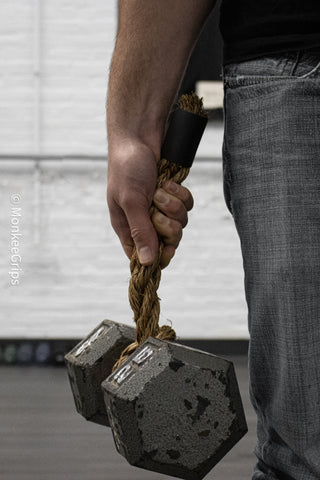
To train your grip strength effectively, you'll need regular resistance training with tools like dumbbells, kettlebells, and especially Monkee Grips (available at www.monkeegrips.com). These can significantly improve or maintain your grip strength throughout your career and retirement.
The Effective Fitness Program incorporates a specific routine that targets your grip strength, which you can do weekly or even daily:
- Warm-Up: Deadhang with Monkee Grips. This helps to stretch out the muscles and tendons, preparing them for the work ahead.
- Monkee Grip Pull-Ups: 3 sets with 2 minutes rest in between. This exercise focuses on building strength in the muscles essential for climbing, grappling, and overall hand strength.
- Monkee Grip Dead Hang Scapula Raises: 3 sets with 2 minutes rest in between. Perfect for shoulder stability and adding that essential control to your grip.
- Heavy Weight Monkee Grip Farmers Carry: Max 3 sets. This works the entire posterior chain and core, but most importantly, your grip.
- Monkee Grip Farmer Carry (Medium Weight): 3 sets. This focuses on endurance and helps you maintain that grip strength over longer periods.
- Monkee Grip Farmer Carry (Light Weight): Again, 3 sets. This is the finishing touch to help you maximize endurance and control.
- Other Exercises: Deadlifts, Pullup and Row variations, Kettlebell Swings, and many more.
Training in Jiu-Jitsu is also recommended, as it's a fantastic way to boost grip strength. However, many practitioners report that their grip is the first thing to tire during a session. This issue can be resolved by training with grip tools like:
- Monkee Grips
- Dumbbells and Kettlebells
- Steel Clubs
- Bulgarian Bag or Sandbag
By following this comprehensive grip strength training regimen, you'll be able to handle the physical demands of law enforcement with confidence and effectiveness. It's not just about raw strength but about targeted training that prepares you for real-world scenarios.
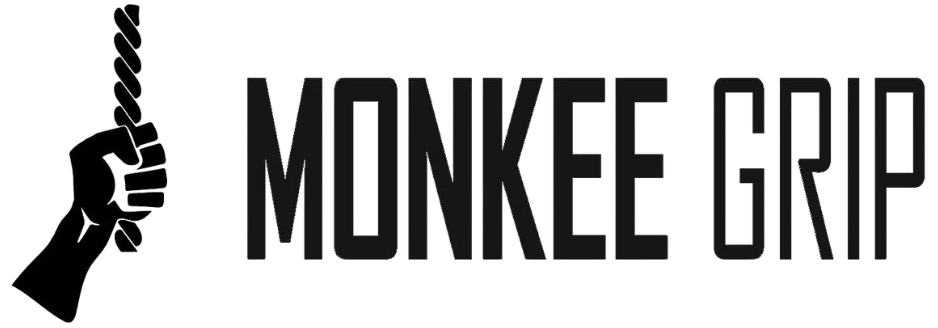
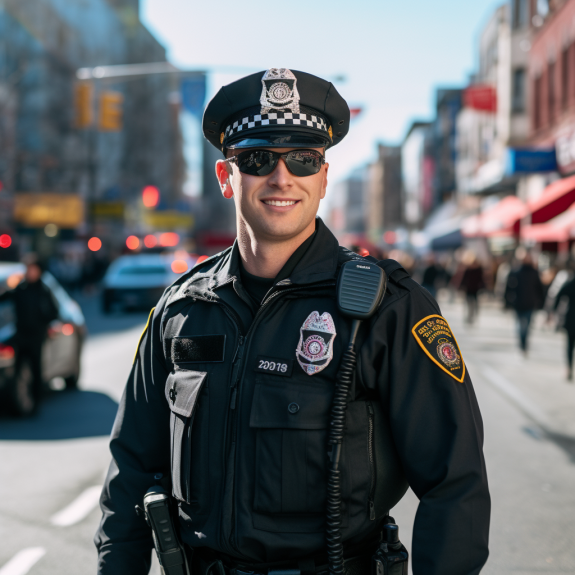
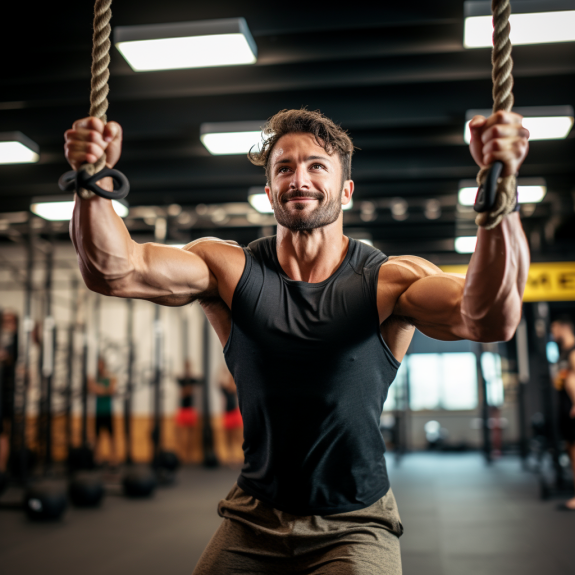
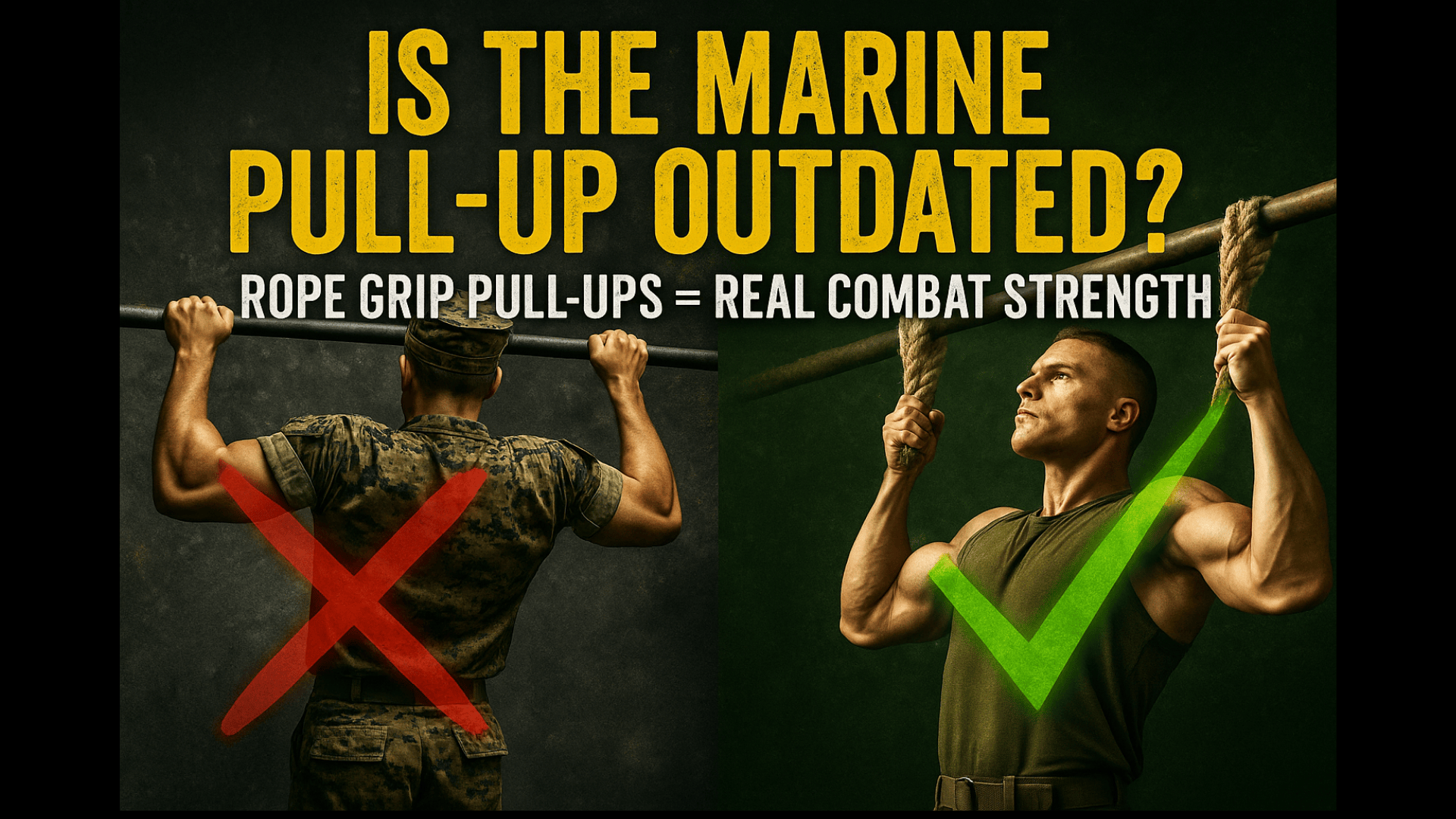
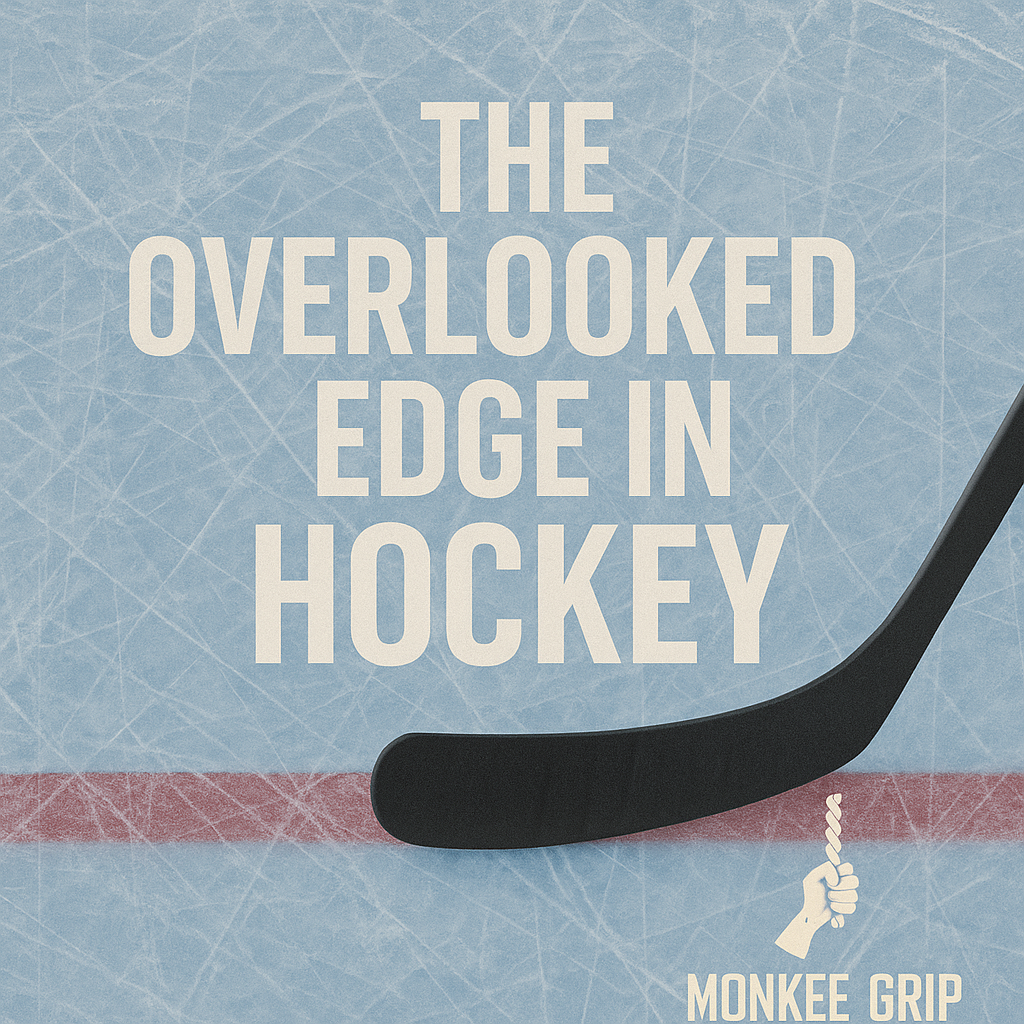
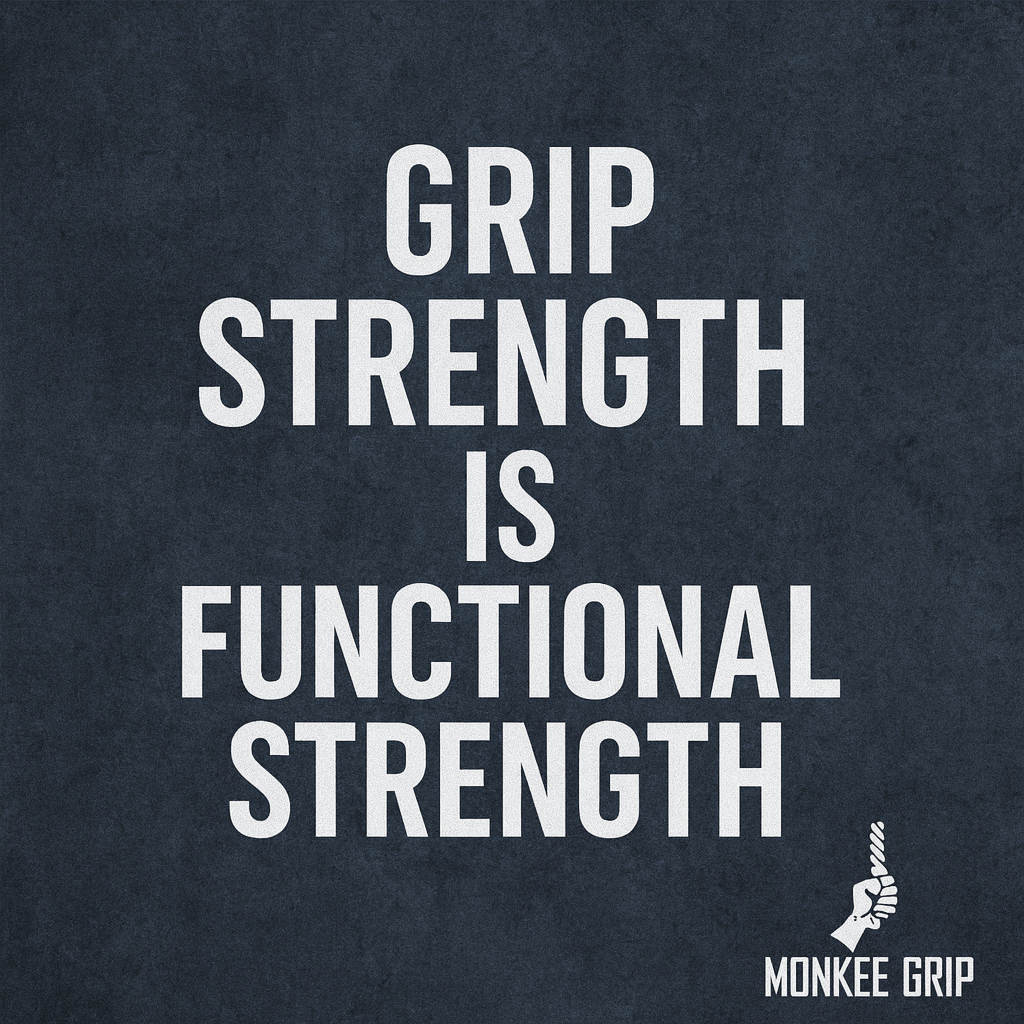
Leave a comment
This site is protected by hCaptcha and the hCaptcha Privacy Policy and Terms of Service apply.